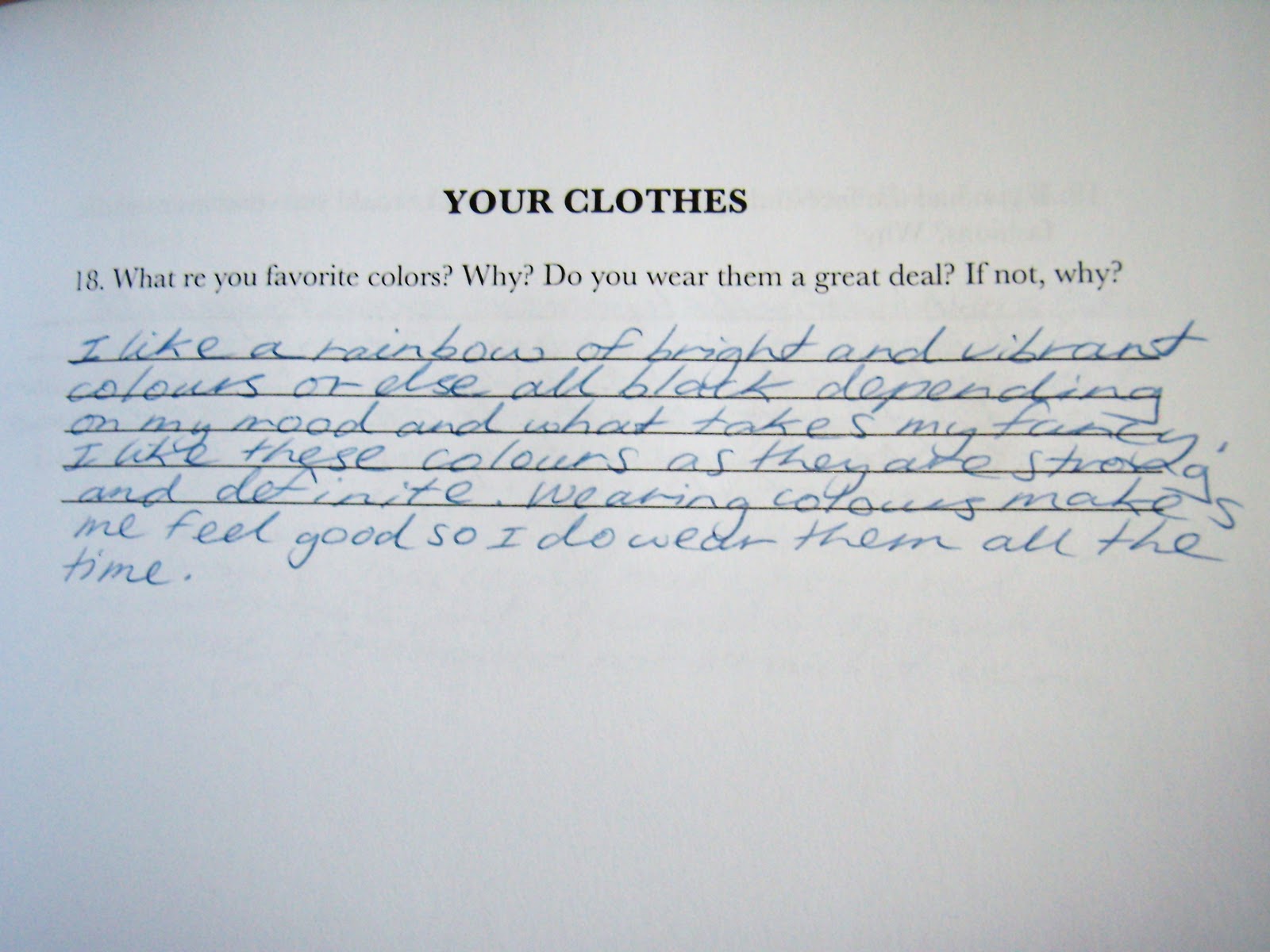
Kate Durbin has posted images from Andrea Quinlan’s copy of The Polished You, which Kate produced for Vanessa Place’s Factory Series, which Vanessa describes as her version of Warhol’s practice of having “art-workers” help him create his paintings.
You can read more about the Factory Series here. And you can check out the whole series at Ood Press.
Plus, you, too, can appropriate the text created by Kate created by Vanessa created by Nancy Taylor, by purchasing a copy of The Polished You. After making it your own, you can scan the images of your copy and send them to Kate and she’ll post them.
I love this project for a bunch of reasons, not least of which are the many questions it raises about authorship, ownership, consumption, production, participation, and whether or not the idea of appropriation is merely the evil connotation of personalization.






